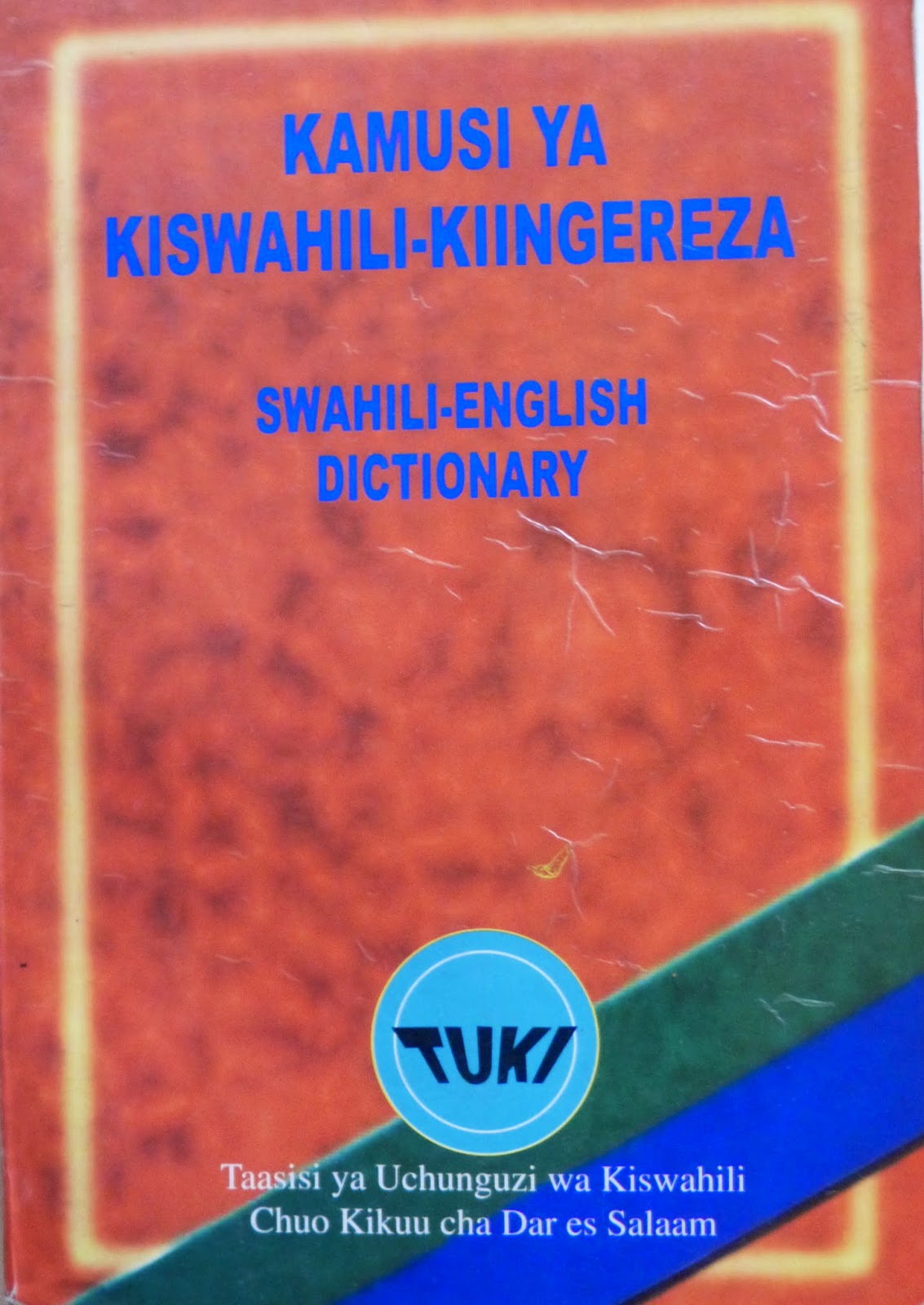Karibuni!
That means 'welcome', and you'll hear it a lot in East Africa (if you're speaking to one person you say "karibu"; if you're addressing more than one person it becomes "karibuni"). Karibu comes from the Arabic word 'qarib', meaning close, so it implies approaching, coming closer. Whether or not you speak Swahili, people you meet in Tanzania will welcome you, but learning a bit of Swahili will certainly help you to get a bit closer - to people, to their culture, to understanding the context you're living in.
This course is very much a "karibu" to the Swahili language. It will take a lot longer for you to really start feeling confident speaking Swahili, but hopefully these classes will help you get started and inspire you to keep learning. I decided to write this blog because I'll only be in Moshi for two weeks, and I wish it could be longer. There won't be time to go too deeply into Swahili grammar during the classes, but I can write a bit more about it here and at least try to give you an outline of the way the language works. I'll post a list of the vocabulary and expressions we learn in each class as well, so if you miss a lesson you can catch up here.
Learning a language is a process, and I certainly haven't finished learning Swahili. The real experts are the Tanzanians, so for most questions you have it's better to ask them. But I love teaching languages as much as I love learning them, and I'm a grammar geek: if you're interested in finding out more about the technicalities of Swahili noun classes or the beauty of verb forms then I'm happy to sit and talk for hours. If you have any questions that haven't been answered in class, just come and find me, or send me an email.
Meanwhile, here are a list of the books and websites that I've found most helpful:
The Kamusi Project is a great online Swahili dictionary. Their notes on grammar are quite useful too.
The best bilingual English-Swahili and Swahili-English dictionaries are published by Tuki, and it's much easier to find in Tanzania than in Europe. Highly recommended, especially the Swahili-English one.

"Simplified Swahili" by Peter M. Wilson explains the grammar very well.

"Colloquial Swahili" by McGrath and Marten is one of the best 'teach yourself' books, using a lot of conversational material and accompanied by CD with dialogues and exercises.
"Kiswahili: a foundation for speaking, reading and writing" by Hinnebusch and Mirza was one of the first course books for learning Swahili, and is also suitable for teaching yourself. The reading passages are particularly good.



No comments:
Post a Comment